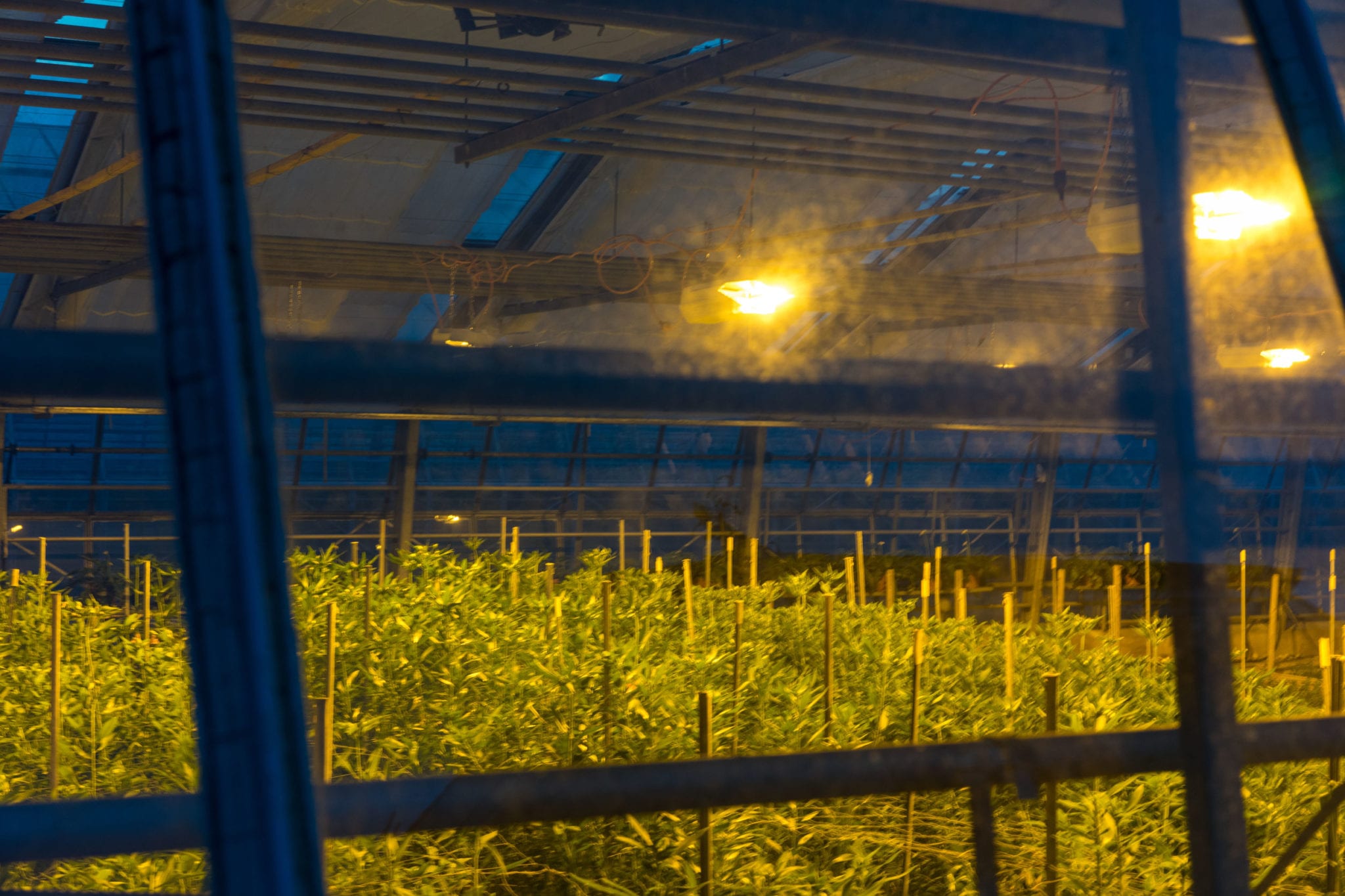While Colorado continues to pioneer the legalization of cannabis and cannabis products across the US, the industry isn’t without bounds, and the land is far from lawless. One aspect that isn’t lax is the regulations surrounding the trafficking of legally cultivated weed in Colorado, and the specific licensing to do so.
With proper permitting, for instance, you may initially grow up to six cannabis plants to supply your patients. If found in violation because you have more plants than your license allows or because you are serving a larger number of patients than your permit would suggest, you may be charged with growing in excess.
Learn more here about Colorado’s current medical marijuana regulations, how changes have led to confusion, and what that means in terms of defending potential charges against you.
CO Legislators Address One Supplier Issue Only to Create Another
Since recreational marijuana became legal in Colorado, fewer patients have felt the need to apply for an official medical marijuana card. That does not mean that demand has gone down.
On the contrary, there are 1,000+ thriving cannabis retailers in Colorado, and most carry medical marijuana products. The struggle for suppliers is the prohibitive expense associated with purchasing enough medical marijuana through the proper channels in order to adequately supply patients.
Colorado Legislators Legalize Home Cultivation
The cost is especially difficult to justify since cannabis is a plant that can easily be grown for no more than the cost of supplies and water. In response to this dilemma, Colorado legislators enacted laws allowing cannabis plants to be cultivated at home.
Home Cultivation Unintentionally Violates Other Existing Laws
This isn’t the final answer, we’re sure of it, as the conundrum exists presently that many regulations related to the cultivation process actually violate other laws by accident. All of this confusion creates an environment conducive to charges for growing in excess.
Let’s take a closer look…
Colorado HB 1220 Change Home Cultivation in 2018

As of January 1st, 2018, Colorado’s House Bill 1220 went into effect. This bill placed hard limits on the number of cannabis plants one household can cultivate, in addition to the limit already in place for individuals.
Previously, with a doctor’s recommendation, a caregiver could grow as many as 99 medical cannabis plants at a time. That’s no longer the case.
Where an earlier bill (which is still on the books) capped the number of plants an individual could grow at six total, HB 1220 established new numbers:
- The number of recreational plants a household can have is 12.
- Medical home growers may have up to 24 total plants.
- Also note, only half the plants may be approaching harvest at any given time.
Penalties for Growing in Excess Now Vary
Six, 12, 24 plants…whatever you intend to cultivate, for whichever reason, ensuring your permitting matches the plan is extremely important. Even a first-time offense is considered a level 1 petty drug offense, costing you upwards of $1,000 in fines.
Second and subsequent offenses can vary, and factors such as total excess can land you with significantly greater charges and penalties. For instance, growing more than 24 plants is a level 3 drug felony.
Penalties May Be Elevated with the Presence of Aggravating Factors
In Colorado, there are two types of drug felony: “aggravated” and “presumptive.” Presumptive felonies are the standard. However, committing a new felony while on parole can “aggravate” the crime, resulting in harsher penalties.
The punishment for a presumptive level 3 drug felony is up to four years in prison, a mandatory year of parole, and anywhere from $2000 to $500,000 in fines. Aggravating circumstances can increase the time in prison to six years maximum.
Addressing Excess Marijuana Growth in Colorado
The first (and frankly the easiest) way to avoid convictions for growing in excess is by not growing too many plants. However, if your household shrinks unexpectedly, you may be left possessing too many plants.
In that case, what are you supposed to do? Well, you have options.
Destroy Excess Marijuana Plants
When you have not yet been charged, the safest path is to destroy the extra plants. That way, you never exceed the legal limit. However, those extra plants may be necessary to care for your patients, and destroying them might cause medical problems.
Keep Excess Marijuana Plants, Seek Professional Legal Advice
If you are dealing with a situation where you haven’t yet had a run-in, you’re in the perfect position to reach out for legal advice on how to best navigate the situation. Colorado’s cannabis laws are still quite new. That means many legal precedents are fresh or yet to be set.

As you continue to tap into an industry with unparalleled potential for growth, understand there is nearly equal potential to get into trouble with law enforcement when you’re not crossing every “T” and dotting every “I.”
The state is going through its own growing pains as it opens up a path for this huge revenue stream. If you’re concerned about charges of growing marijuana in excess, you should not be afraid to ask for help.
About the Author:
Kimberly Diego is a criminal defense attorney in Denver practicing at The Law Office of Kimberly Diego. She obtained her undergraduate degree from Georgetown University and her law degree at the University of Colorado. She was named one of Super Lawyers’ “Rising Stars of 2012” and “Top 100 Trial Lawyers in Colorado” for 2012 and 2013 by The National Trial Lawyers. Both honors are limited to a small percentage of practicing attorneys in each state. She has also been recognized for her work in domestic violence





